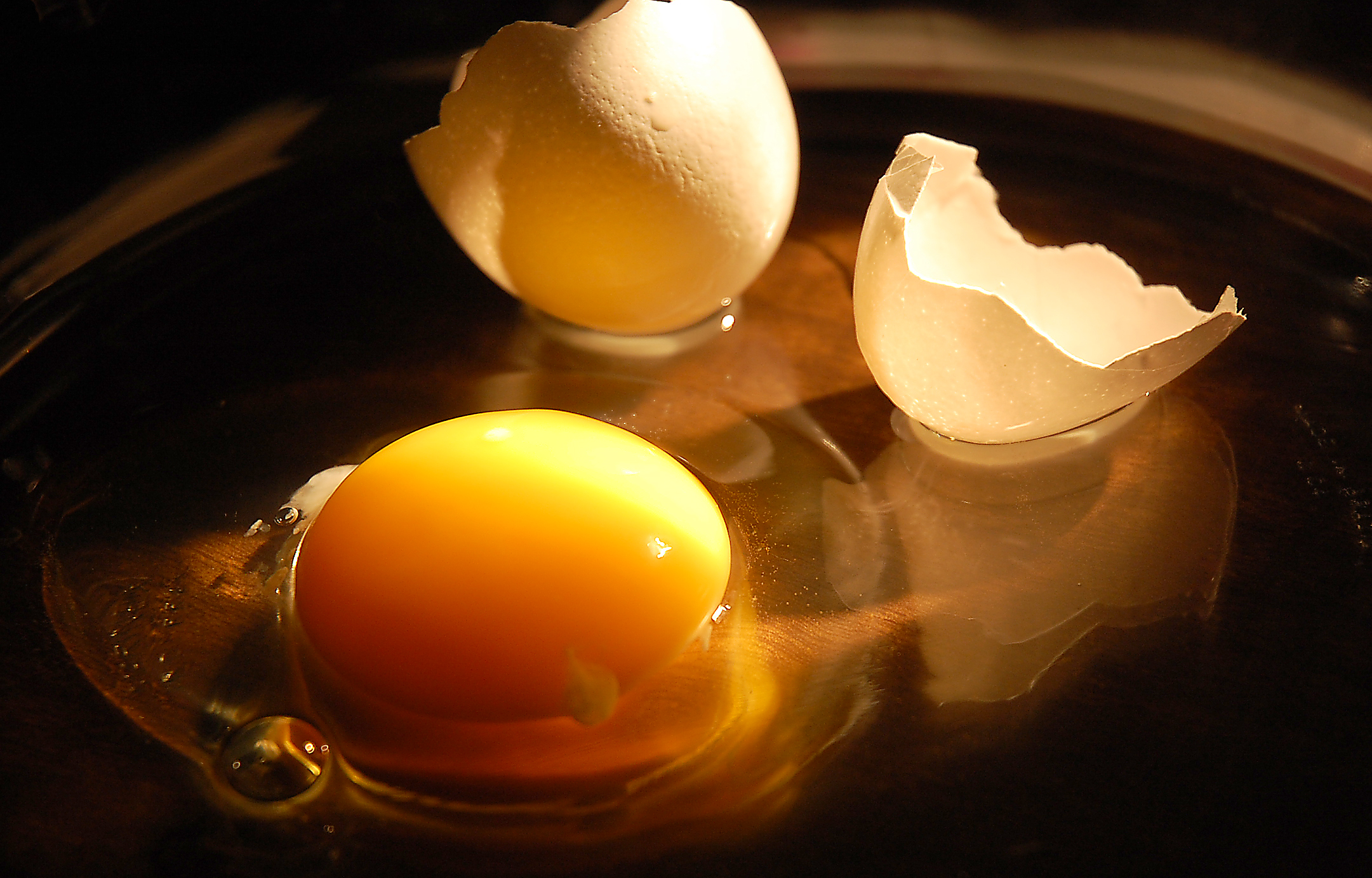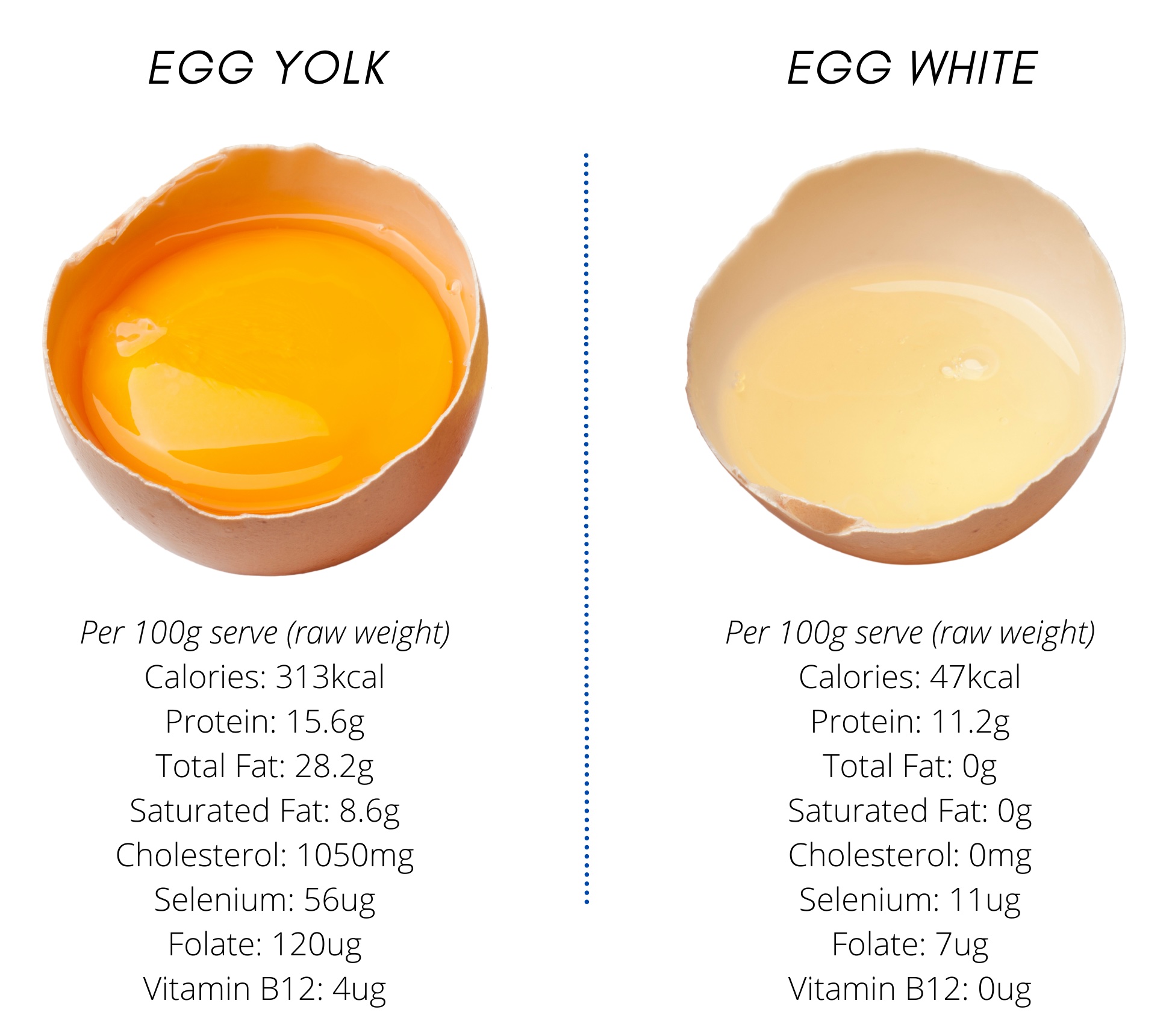Eggs are a hot topic right now. From eating raw eggs making a comeback, to the insane inflation on their price, to many people I know getting chicken pets, and the conspiracies surrounding the chicken’s strike against laying eggs due to possible food contamination, everywhere I look it seems eggs are the hot topic. I mean… I love eggs, and so does my 4 year old. So, naturally, I guess we just gravitate to them.
So, speaking of eggs…
Do you remember the movie ‘Rocky’? When he slams those 5 raw eggs in the morning?
I’ve often wondered about the health benefits of raw eggs.
I have never personally tried it, and if you haven’t either and want to learn more, let’s keep reading.
There is much debate among experts about the health benefits of eating raw eggs. Consuming raw eggs has been associated with an increased risk of food-borne illness, which can cause symptoms such as nausea, vomiting, diarrhea, and in some cases, more serious complications. But according to the American Egg Board, only about one in 20,000 eggs has salmonella in it — meaning you could potentially drink five raw eggs a day for over ten years before you happened upon one. If you’re still concerned, the CDC suggests keeping your eggs refrigerated at 40 degrees Fahrenheit or colder to ensure they don’t spoil. They also advise using pasteurized eggs if you’re planning to consume them raw.
All that being said, raw eggs are chocked full of important nutrients, including high-quality protein, vitamins, and minerals. I’ve heard of many people who often mix a raw egg into a smoothie or blended with salad dressing. The idea is that consuming raw eggs can provide benefits such as improved athletic performance, increased muscle mass, and improved skin health.
Here is a detailed nutritional fact list for Raw Eggs
% of Daily Recommended Value (DRV)
g = grams, mg = milligrams, mcg = micrograms
Nutrients:
Calories 72 4%
Fat 4.8g 6%
Protein 6.3g 13%
Cholesterol 186mg 62%
Saturated Fats 1.6 g 8%
Minerals:
Calcium 28mg 2%
Iron, Fe 0.9mg 5%
Potassium, K 69mg 1%
Magnesium 6mg 1%
Phosphorus, P 99mg 8%
Sodium 71mg 3%
Zinc, Zn 0.6mg 6%
Copper, Cu 0mg 4%
Manganese 0mg 1%
Selenium, Se 15.4mcg 28%
Vitamins:
Vitamin A, RAE 80mcg 9%
Thiamin (B1) 0mg 2%
Riboflavin (B2) 0.2mg 18%
Vitamin B5 (PA) 0.8mg 15%
Vitamin B6 0.1mg 5%
Folate (B9) 23.5mcg 6%
Choline 146.9mg 27%
Vitamin B12 0.4mcg 19%
Retinol 80mcg
Vitamin A, IU 270IU 9%
Lut + Zeaxanthin 251.5mcg
Vitamin E 0.5mg 4%
Vitamin D 1mcg 5%
Vitamin D3 1mcg
Vitamin D (IU) 41IU 5%
Monounsaturated Fats 1829mg
Polyunsaturated Fats 956mg
Omega 3s 51mg 3%
Omega 6s 816mg 5%
Trans-Polyenoic Fats 6mg
Amino Acids:
Tryptophan 84mg 30%
Threonine 278mg 26%
Isoleucine 336mg 24%
Leucine 543mg 20%
Lysine 456mg 22%
Methionine 190mg 26%
Cystine 136mg 47%
Phenylalanine 340mg
Tyrosine 250mg
Valine 429mg 24%
Arginine 410mg
Histidine 155mg
Alanine 368mg
Aspartic acid 665 mg
Glutamic acid 837 mg
Glycine 216mg
Proline 256mg
Serine 486mg
Obviously that is quite impressive for just 1 egg. I can see now why people drink 5 at a time. That’s basically a complete meal with almost 100% daily value of every nutrient I’ve ever heard of. But what’s the difference when eating cooked eggs? Are there nutrients that are lost in the cooking process? After comparing the nutritional makeup between a raw egg and a hard-boiled egg, the differences were quite shocking.
In the hard-boiled egg, the calories and fat we’re slightly increased, by 1-2% DRV, so not a significant difference there. Phosphorus and zinc were lowered by 1%, but copper was lowered from 4% to 1%. The list of vitamins did not change as much as I expected, some gaining 1%, while others lost 1%. Vitamin B12 actually increased in the hard boiled egg by 4%.
Now here’s where it gets interesting. The lutein and zeaxanthin decreased dramatically when cooking the eggs, going from 251 mcg to 176 mcg. Both are potent antioxidants and offer a range of health benefits, they are best known for protecting your eyes. Another interesting shocker, Monounsaturated Fats increased in the cooked egg from 1829 mg to 2039 mg, while polyunsaturated fats had the opposite effect, decreasing from 956 mg to 707 mg. The Omega 3’s and 6’s lost 2% each after cooking the egg. All of these are considered healthy fats.
Numerous studies have confirmed that Trans-fats, or Trans-Polyenoic Fats cause inflammation and can lead to health complications when consumed in large amounts. The 6 mgs of trans-fat present in a raw egg disappears when it’s been cooked. And even the extensive amino acid profile stays mostly intact between consuming raw versus cooked eggs.
It seems that, while raw eggs do have a touch more nutritional value compared to cooked eggs, the cooked eggs could be looked at just the same. I think it’s important to note that egg proteins are typically distributed equally between egg white and egg yolk, but the lipids, vitamins, and minerals are essentially concentrated in egg yolk. Since the amount of protein is neither increased nor reduced during cooking, if you choose to eat your eggs cooked, do them “sunny side up” and leave the yolk runny. This will keep many of the minerals that are lost in the cooking process intact.
It is also important to note that there was a study published in the 1998 issue of the “Journal of Nutrition” found that only 51% of the protein in raw eggs is digested after consumption, compared to 91% for cooked eggs — meaning nearly half of the protein in a raw egg exits your body unabsorbed. The study’s researchers explain that heat alters the shape of an egg’s protein molecules granting your body better access to the peptide bonds that hold together amino acids.
There are also reports of raw eggs creating a biotin deficiency over time, leading to symptoms like hair loss, depression, rashes, hallucinations, and numbness in your extremities. A substance called avidin, which binds to biotin and renders it useless, is deactivated by heat but remains intact when you leave your eggs uncooked.
Now that we’ve cracked open this debate (pun intended), we can see that both raw and cooked eggs can be part of a healthy and balanced diet. Raw eggs offer some nutritional benefits, including a higher concentration of certain vitamins and minerals, but they also come with some risks. Cooked eggs, on the other hand, are a safe and convenient way to consume eggs, and they provide plenty of protein and nutrients. Ultimately, the choice between raw and cooked eggs comes down to personal preference and individual health considerations. No matter how you prefer to consume them, eggs can be a nutritious and versatile addition to your diet.







